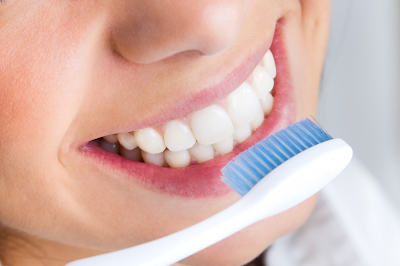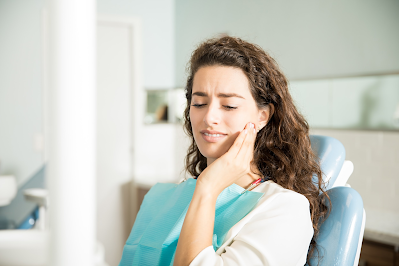How Grinding Your Teeth Can Affect Your Health?
What Cause Grinding Teeth?
Grinding teeth is an act of mechanical abrasion caused by a grinding tool such as a molar or back toothbrush. It usually results in the formation of tiny, worn-down areas on the chewing surfaces of teeth.
The use of grinding teeth can cause damage to the dental enamel and lead to various health problems. Therefore, grinding teeth may cause potential health effects.
· Tooth decay
· Gum disease
· Gingivitis
· Periodontal disease
· Cuspiditis (inflammation of the gums near the teeth)
· Amelogenesis imperfecta (a congenital disability in which there is not enough amelium, a protein that forms the outermost layer of tissues in the body, on the baby's teeth)
· Teeth fracture
Grinding teeth has been linked with numerous health problems, some of which are more serious than others. Tooth decay, gum disease, gingivitis, periodontal disease, and cuspiditis are serious issues that can lead to other health problems if left untreated. Amelogenesis imperfecta is also a very serious concern, as it can lead
How Do Grinding Teeth Affect Your Health?
Grinding your teeth isn't just uncomfortable and can lead to tooth decay and other oral health problems. Here's how grinding your teeth can affect your health:
Tooth decay: When you grind your teeth, you're putting pressure on the teeth and the surrounding gum tissues. This pressure can cause the enamel to wear away, leading to tooth decay. In extreme cases, this can even lead to tooth loss.
Oral cancer: A study published in the journal Caries Research found that people who grind their teeth are at a greater risk of developing oral cancer. The study participants who frequently ground their teeth had a fourfold increase in the incidence of oral cancer compared to those who didn't grind their teeth. This increase was seen even when other factors, like smoking and drinking, were considered.
Gingivitis: Grinding your teeth can also lead to gingivitis, an infection of the gums. Gingivitis is a common problem that can require treatment by a dentist. Unfortunately, it can also lead to tooth loss.
Symptoms Of Grinding Teeth
When teeth are grinded against each other, they can cause several symptoms. These symptoms can include:
· Reduced saliva production
· Increased susceptibility to tooth decay and gum disease
· Pain in the jaw and head
· Difficulty chewing or speaking
How To Prevent Grinding Teeth?
Grinding your teeth may cause damage to your gums and teeth. It can also lead to tooth erosion and other oral health problems—however, there're a few ways to prevent grinding your teeth.
Brush your teeth at least two times a day using fluoride toothpaste. Don't forget to use a pea-sized amount and massage it into your teeth for two minutes. Use a water flosser to remove plaque and food particles between your teeth. Regular dental check-ups can help identify any problems early.
If you're having trouble stopping yourself from grinding your teeth, try using a mouth guard or retainer. These devices fit over your upper & lower teeth and support them while you're not grinding them down. They can also help stop you from biting down on objects too hard. To get help regarding teeth grinding, speak to your dentist at Next Smile, the best Sydney dental care expert.




Comments
Post a Comment